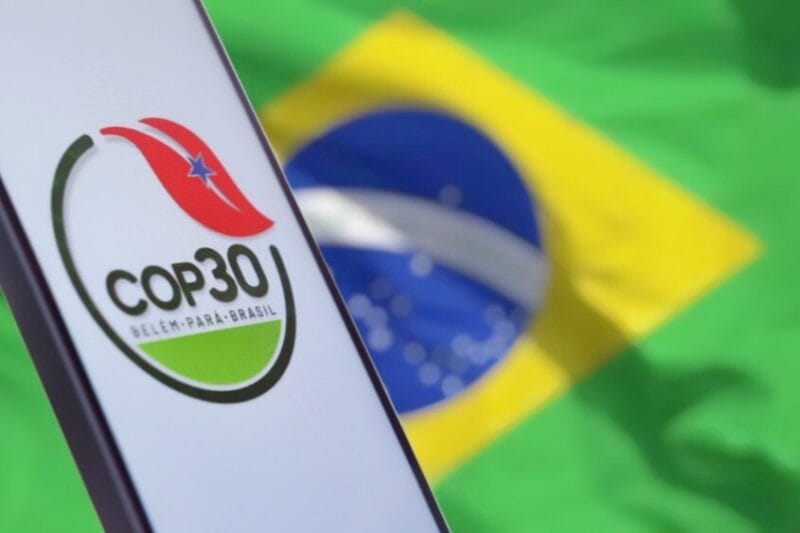As the COP30 approaches, scheduled for 2025, Morocco once again stands out on the international climate stage. Three of its experts have been appointed to strategic positions within the UN bodies responsible for leading the negotiations. A strong signal of recognition, both diplomatic and technical, of the Kingdom’s commitment to global climate governance.
Confirmed Moroccan representation in key bodies
Rachid Tahiri has been reappointed to the advisory committee of the Santiago network, continuing his mission within this crucial mechanism. This network plays an essential role in providing technical support to the most vulnerable countries facing losses and damages related to climate disasters. A body where the Moroccan voice will continue to weigh in discussions around climate justice.
Naïma Oumoussa, also confirmed in her role, will once again serve as an alternate on the board of the Adaptation Fund. This fund finances projects that strengthen the resilience of developing countries. The reappointment of this expert illustrates the continuity and strength of Morocco’s contribution to climate finance governance.
A strong commitment to technical processes
Even though Morocco’s candidacy was not selected to represent Africa on the advisory committee of the CTCN – Climate Technology Centre and Network – the country’s participation in the nomination process demonstrates a strategic interest in clean technology transfers. The position was ultimately awarded to Lydia Elewa, a representative of Egypt. Nevertheless, Rabat’s involvement in this technical mechanism shows its willingness to remain a driving force on innovation issues for the climate.
An increasingly affirmed diplomatic presence
The official list, dated May 26, 2025, includes 23 elected or appointed African representatives to sit in the various preparatory bodies for COP30. Among them, Morocco is one of the few countries with three representatives, a testament to its deep-rooted presence in multilateral mechanisms. This privileged positioning also highlights the recognition of Moroccan expertise in a context where discussions on adaptation, climate financing, and technology transfers have become central.
In summary, through these appointments, Morocco reaffirms its role as a credible and committed partner in the global climate architecture. A discreet yet effective climate diplomacy that strengthens the country’s ambition to have a greater impact on global negotiations.


